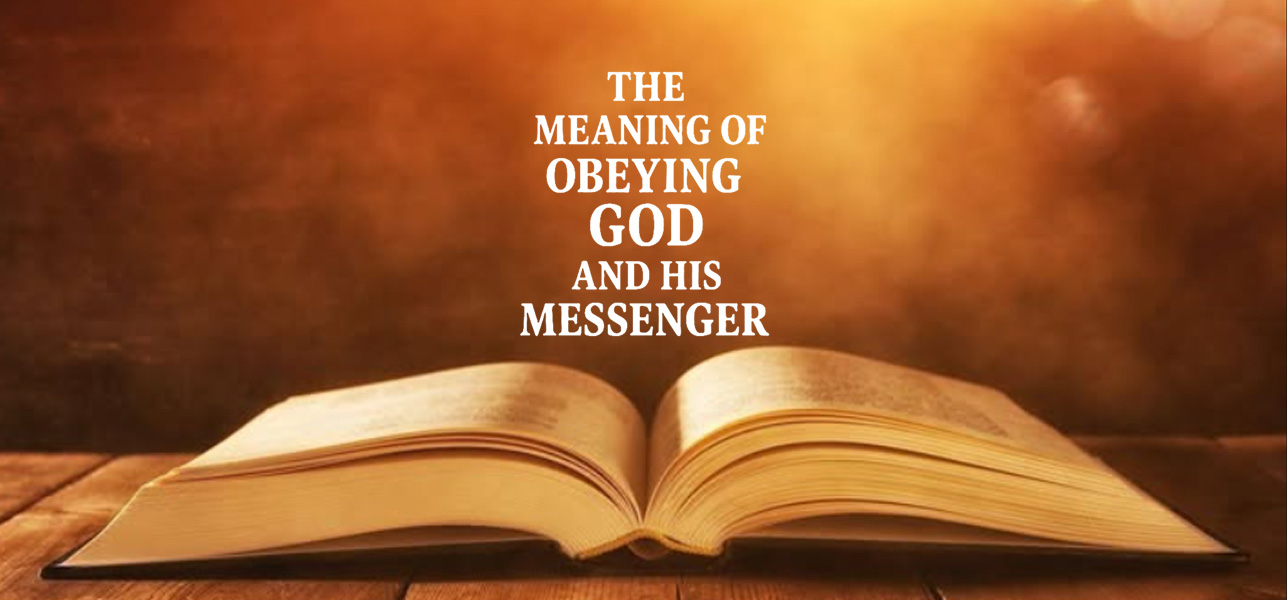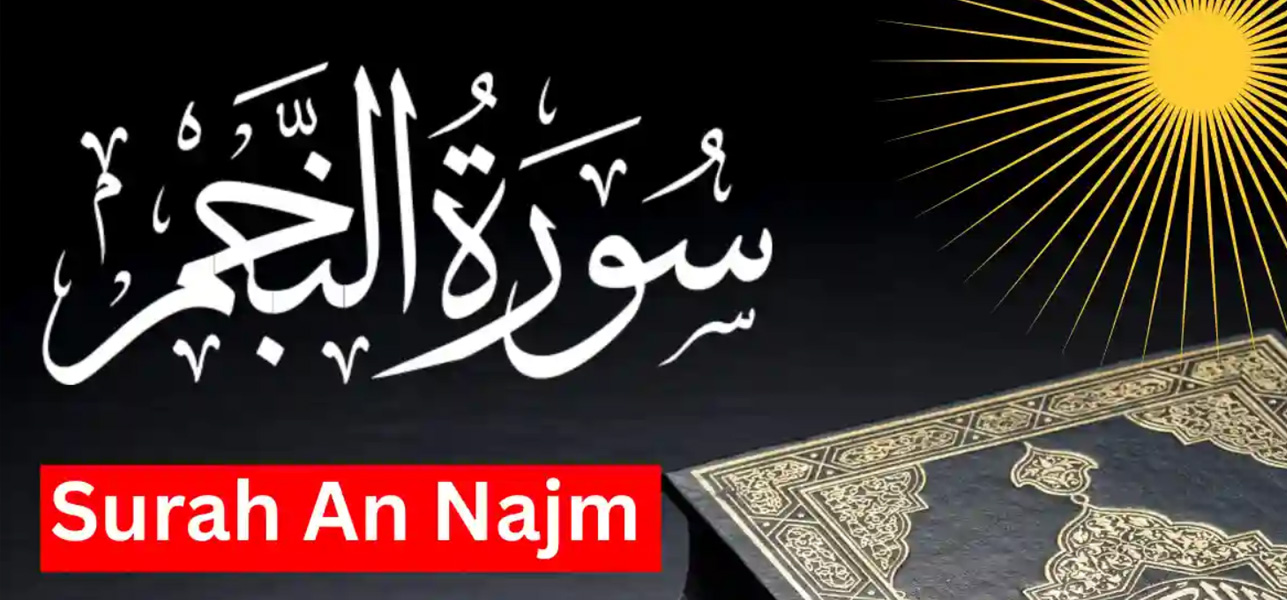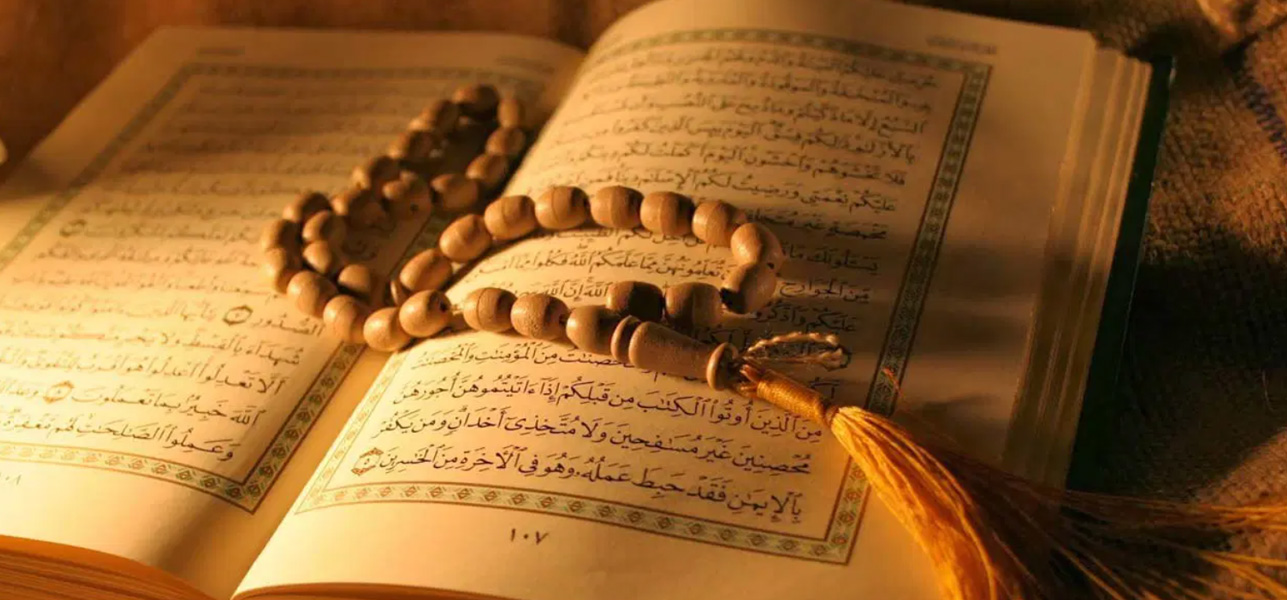Worship as Love: A Bridge Between Faiths
Introduction Many Muslims read Allah’s words in the verse: “I did not create jinn and humankind except to worship Me” (Qur’an 51:56) and understand worship as ritual — the five daily prayers, fasting, zakat, and pilgrimage. These are indeed pillars of faith. Yet worship in the Qur’an is far deeper: …









